
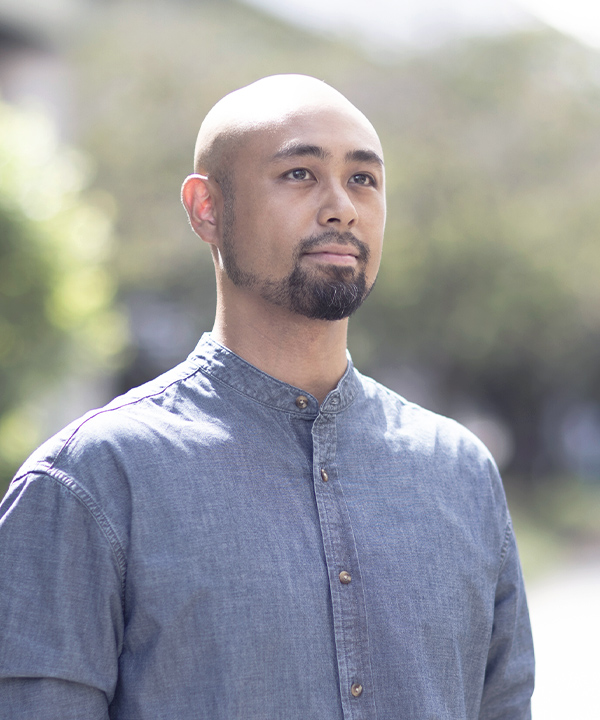
Bridging Cultural and Linguistic Differences
- "My job is to bring CAPCOM’s video games
to users around the world."
Profile
Localization Manager
Joined January 2011

Before joining Capcom, I worked as a teacher at an English conversation school. It was my first full-time job; I was recruited while I was still living in the U.S. and came straight to Japan after I graduated college. I started out at a small school in Ishikawa Prefecture, then after a year transferred to Osaka and became an Emergency Teacher for the entire Kansai region, going to different schools every day to cover for teachers that were sick or unavailable. I eventually settled at one of the schools in Osaka City as its Head Teacher. Overall, it was a rewarding experience, but I found myself wanting to improve my Japanese skills more and find a profession where I could utilize them.
Not long after that, I happened to meet a member of Capcom’s Localization Team and learned there was an opening for a Japanese-to-English translator. I applied, got lucky, and have been here ever since. My role has changed a lot since I first joined--I started out doing more creative work as a translator, then worked on a few titles as a Localization Director, gradually taking on more management responsibilities. Now as Team Manager, I’m rarely involved with the creative side of things these days. Instead, my role is more focused on supervising/supporting our team members and making sure they have everything they need to do their jobs.
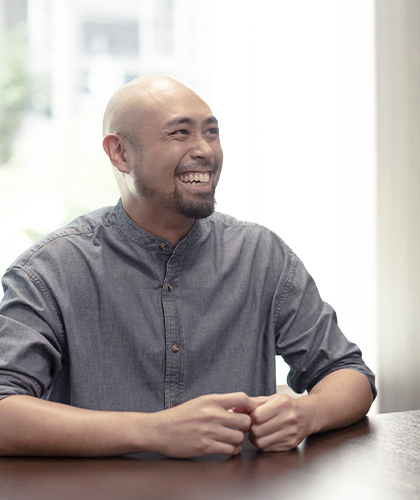
I’ve loved Capcom games since I was a kid and have fond memories of playing games like Mega Man and Street Fighter II. Back then, I didn’t know Capcom games were developed in Japan, so when I learned that games had to be localized so kids halfway around the world like me could play them, I had a newfound appreciation for people who work in localization. Now that I’m a part of the very team that does that, it’s a huge motivator knowing that our work is helping deliver the experiences Capcom creates to users far and wide.
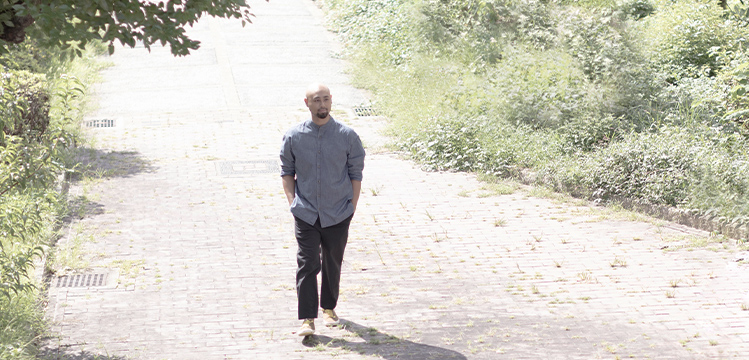

Capcom has been making strides in providing cross-cultural support in the last few years. Lately, there have been company explanatory meetings held in both Japanese and English, where employees are able to ask questions and raise issues directly with the CFO. I feel these have contributed to positive changes to the workplace, and it’s reassuring to know that the company is dedicating time to listening to its employees and accommodating those that aren’t able to communicate in Japanese.
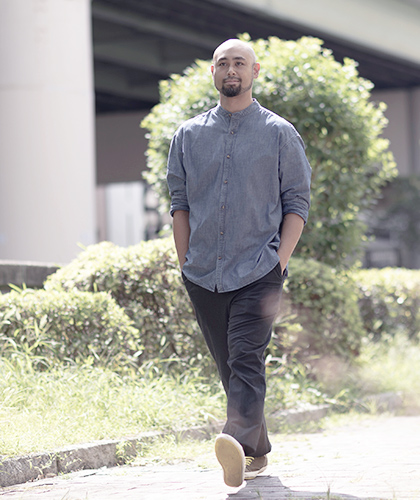
Produce, especially fruit, can be quite expensive, and other things like fresh herbs and chilis can be hard to come by, but you make do with what you have. Large crowds can make going to things like festivals (or even just a trip to the mall) inconvenient and less appealing. And on top of all that, summers in Japan are the worst I’ve experienced. The humidity is almost suffocating at times, and in all my years here, I’ve never gotten used to it. These are all minor inconveniences in the big picture, though. I wouldn’t be here after all these years if any of that outweighed the positive aspects of living here.

Having just recently become Team Manager, all my focus is on creating a work environment that allows our members to achieve the highest standard of localization and mapping out what the next 5-10 years might look like for our team.
Much further down the line, I think it would be nice to move out to the country and open up a little taqueria after I retire.
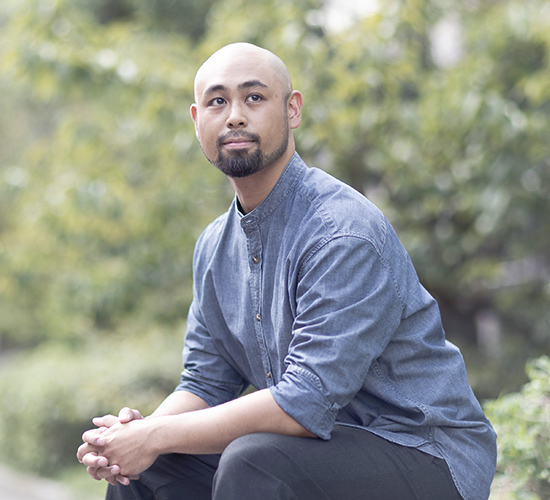
Working in the game industry might not be what you imagine it to be, so do your research! If you enjoy playing games as a hobby, keep in mind that it’s possible you might start looking at games much differently once you are involved on the development side. I feel like I’ve become hypersensitive to how things are localized now when I play games, and I often find myself nitpicking tiny things and thinking about how it could have been done differently, for example. If you’re OK with that, then maybe we’ll see you in the office someday! It’s a lot of work, but it’s also very rewarding when each game is released, and you know that people around the world are enjoying it.
Copyright © CAPCOM CO., LTD. All Rights Reserved.